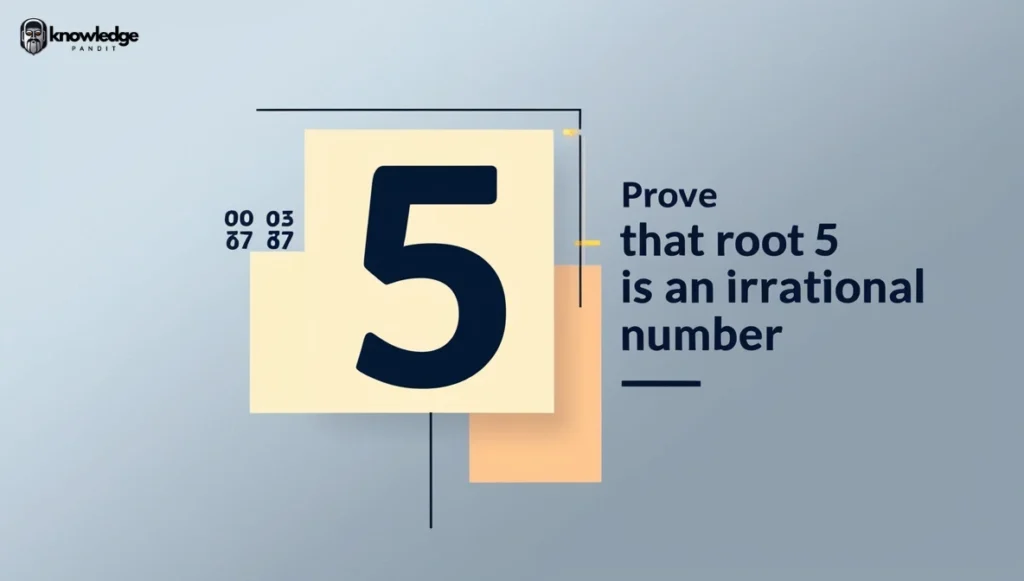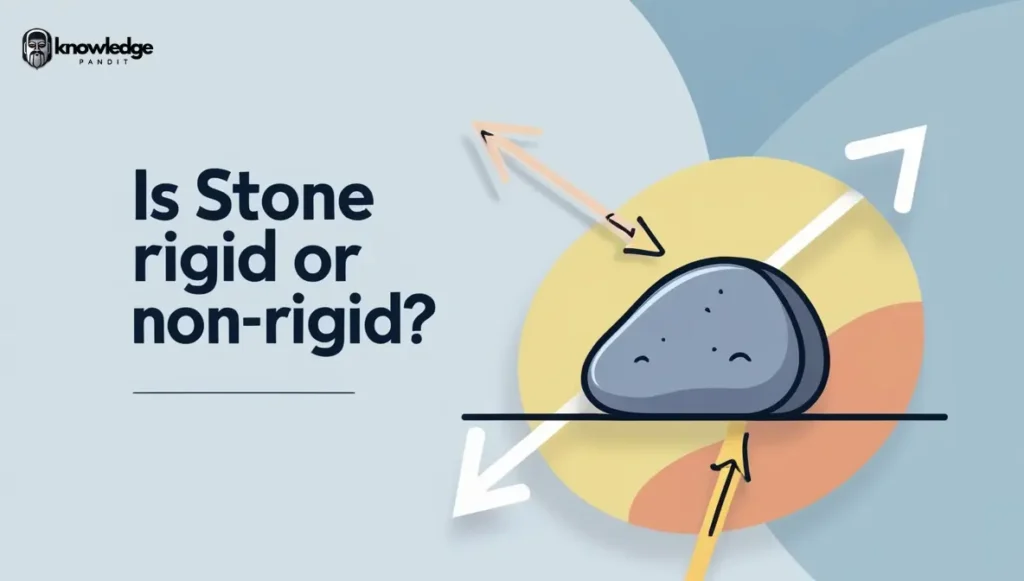Proof: √5 is an Irrational Number
Solution:
We will use the method of contradiction to prove that √5 is irrational.
Step 1: Assume √5 is rational.
If √5 is rational, it can be expressed as a fraction in the form a/b, where:
- a and b are integers,
- a and b are coprime (i.e., have no common factor other than 1),
- b ≠ 0.
Thus, we can write: √5 = a/b
Step 2: Rearrange the equation.
Multiply both sides by b to eliminate the denominator:
- 5b = a
- Squaring both sides gives:
- 5b² = a² (1)
Step 3: Analyze the implications.
- From 5b² = a², it follows that a² is divisible by 5.
- Since 5 is a prime number, this implies that ‘a’ itself must also be divisible by 5.
- Let a = 5c, where c is an integer.
Step 4: Substitute a = 5c into equation (1).
Substituting a = 5c into 5b² = a²:
- 5b² = (5c)²
- 5b² = 25c²
- Divide both sides by 5:
- b² = 5c² (2)
Step 5: Analyze the implications for b.
From b² = 5c², it follows that b² is divisible by 5.
Since 5 is a prime number, b itself must also be divisible by 5.
Step 6: Contradiction.
From the above steps, both a and b are divisible by 5, which contradicts the assumption that a and b are coprime (i.e., they have no common factor other than 1).
Step 7: Conclusion.
The contradiction arises because our initial assumption – that √5 is rational – is incorrect.
Therefore, √5 is an irrational number.




